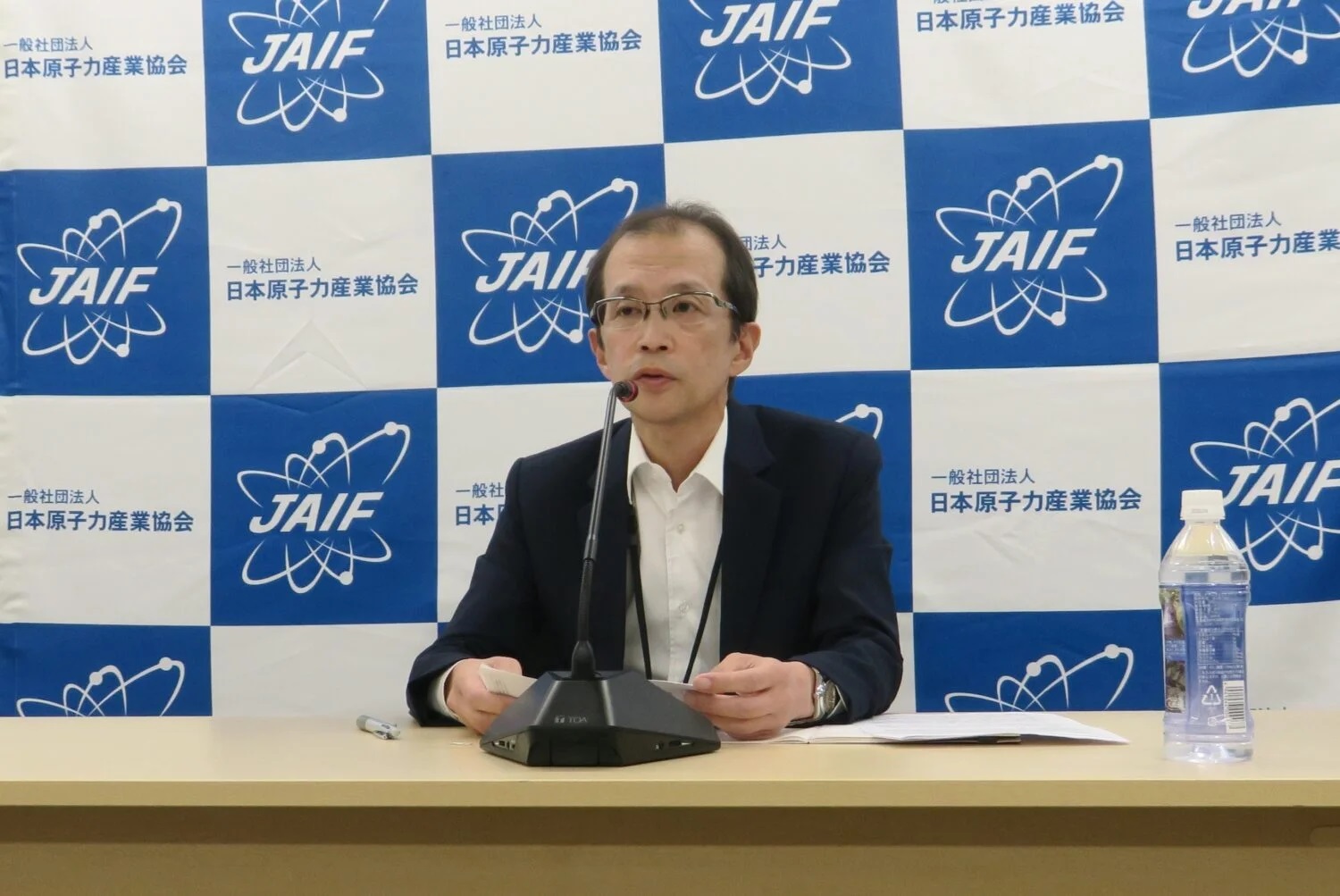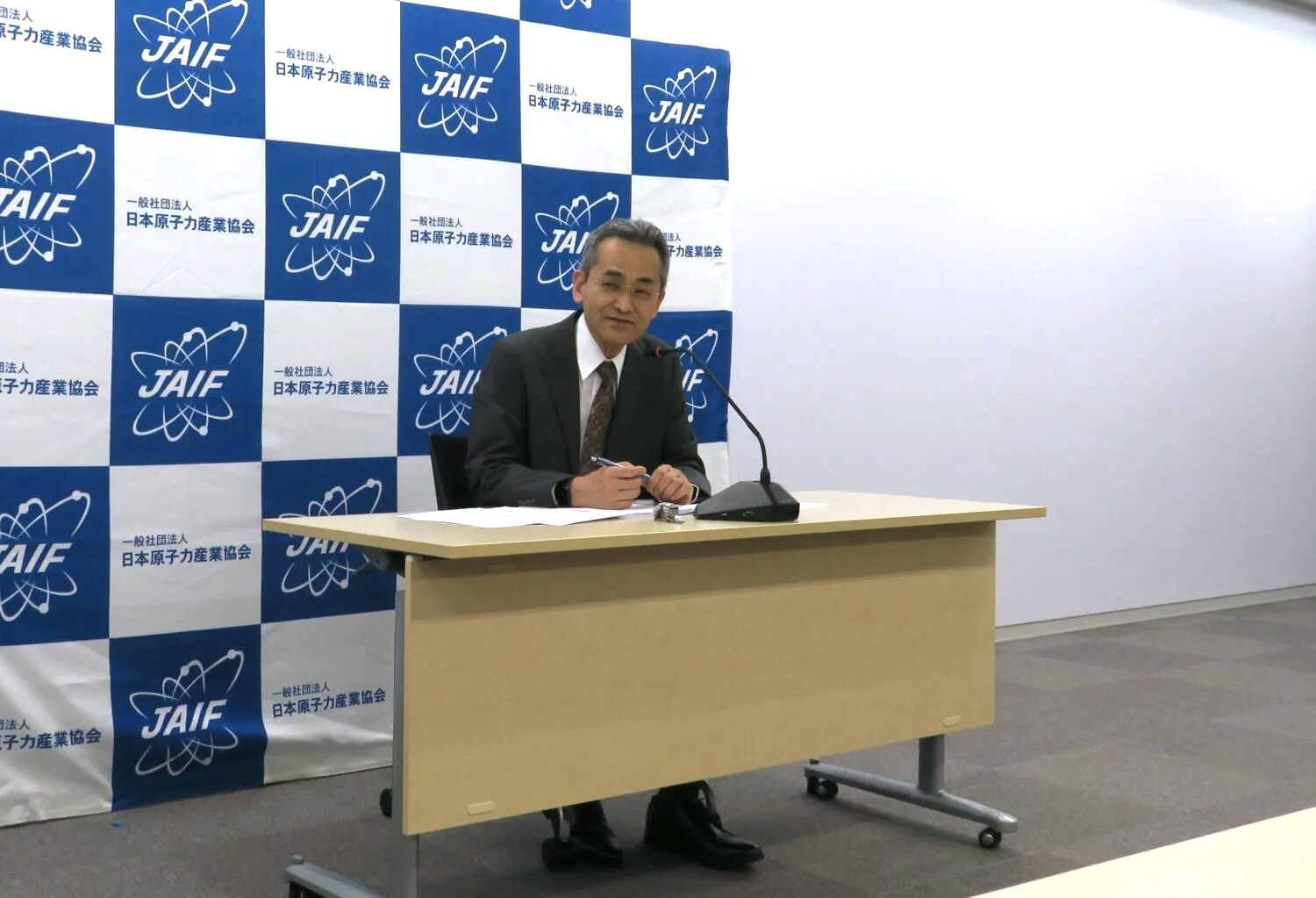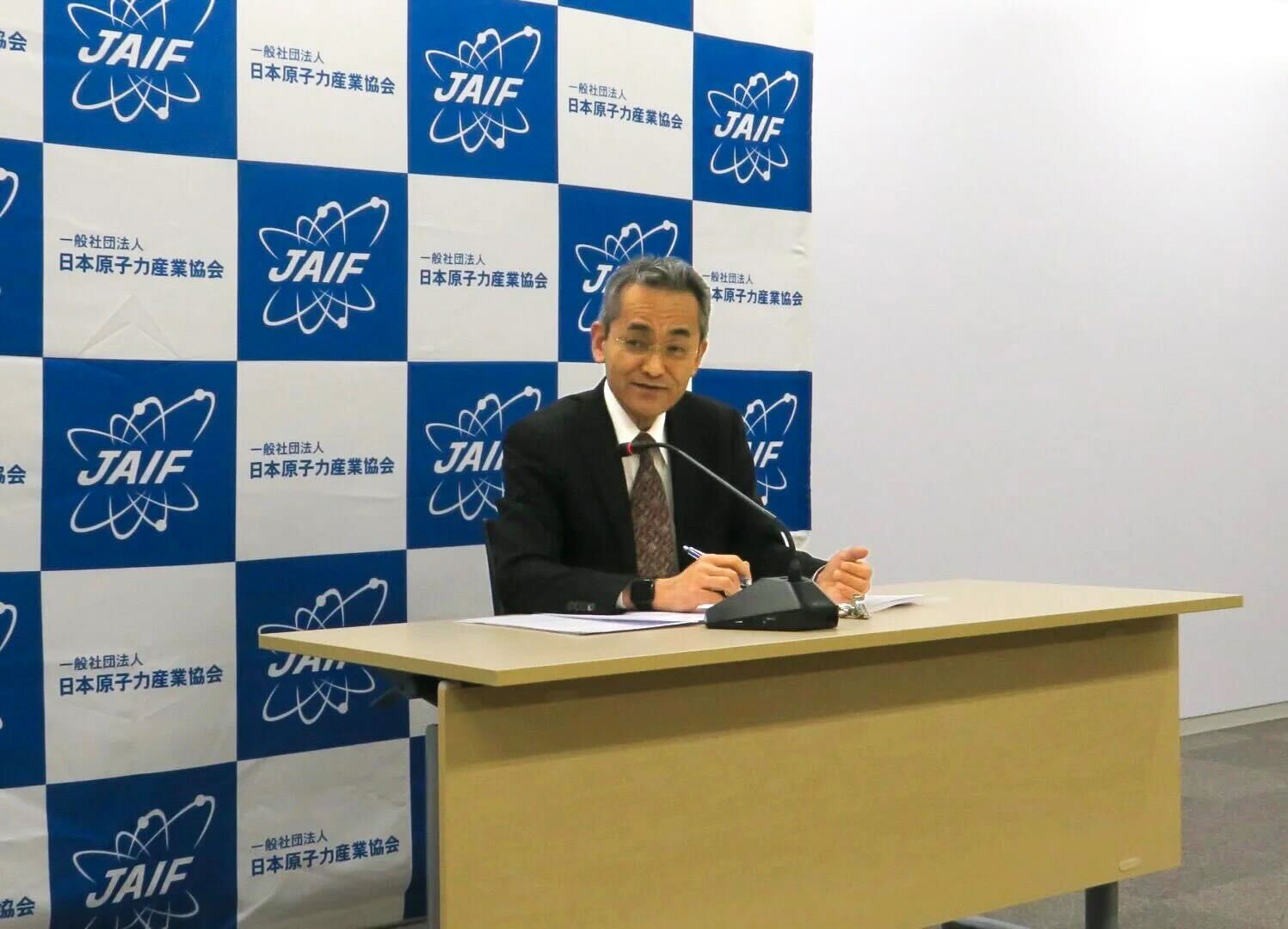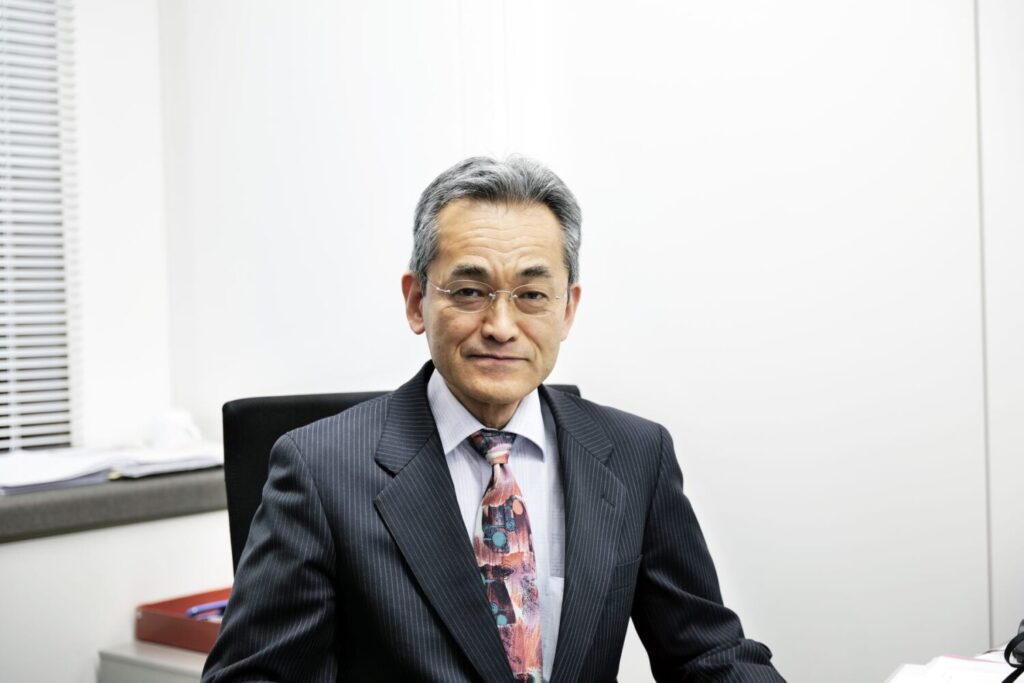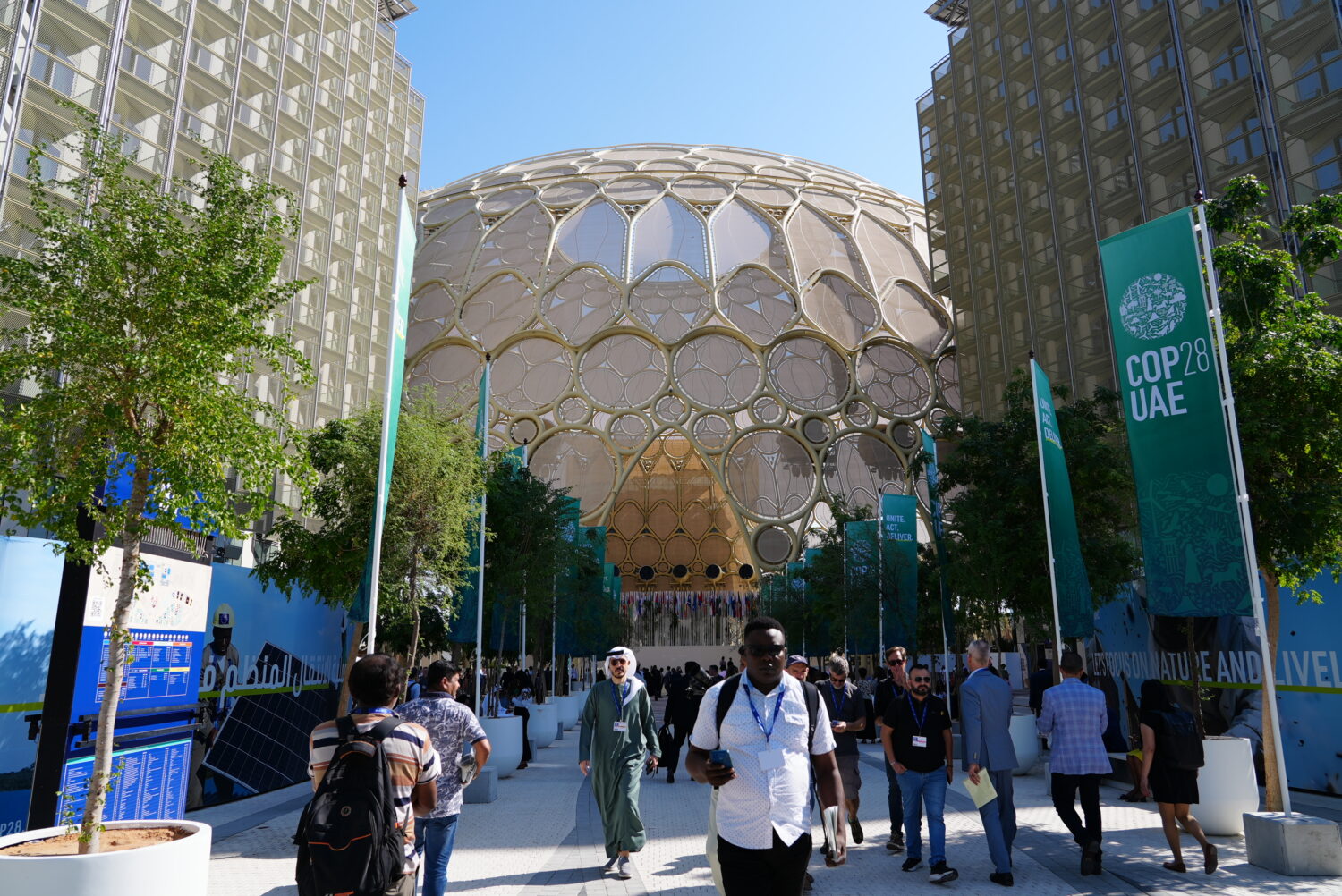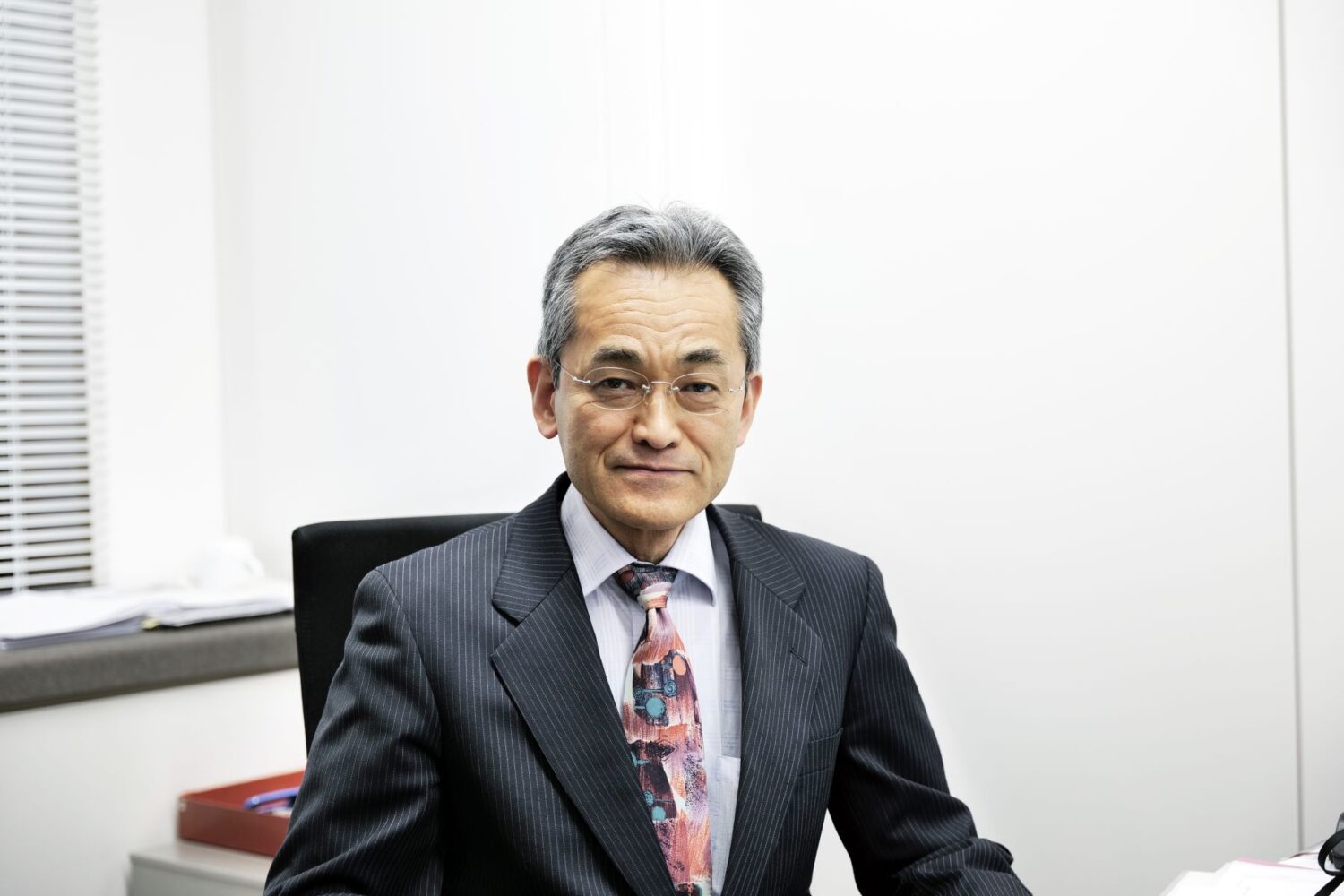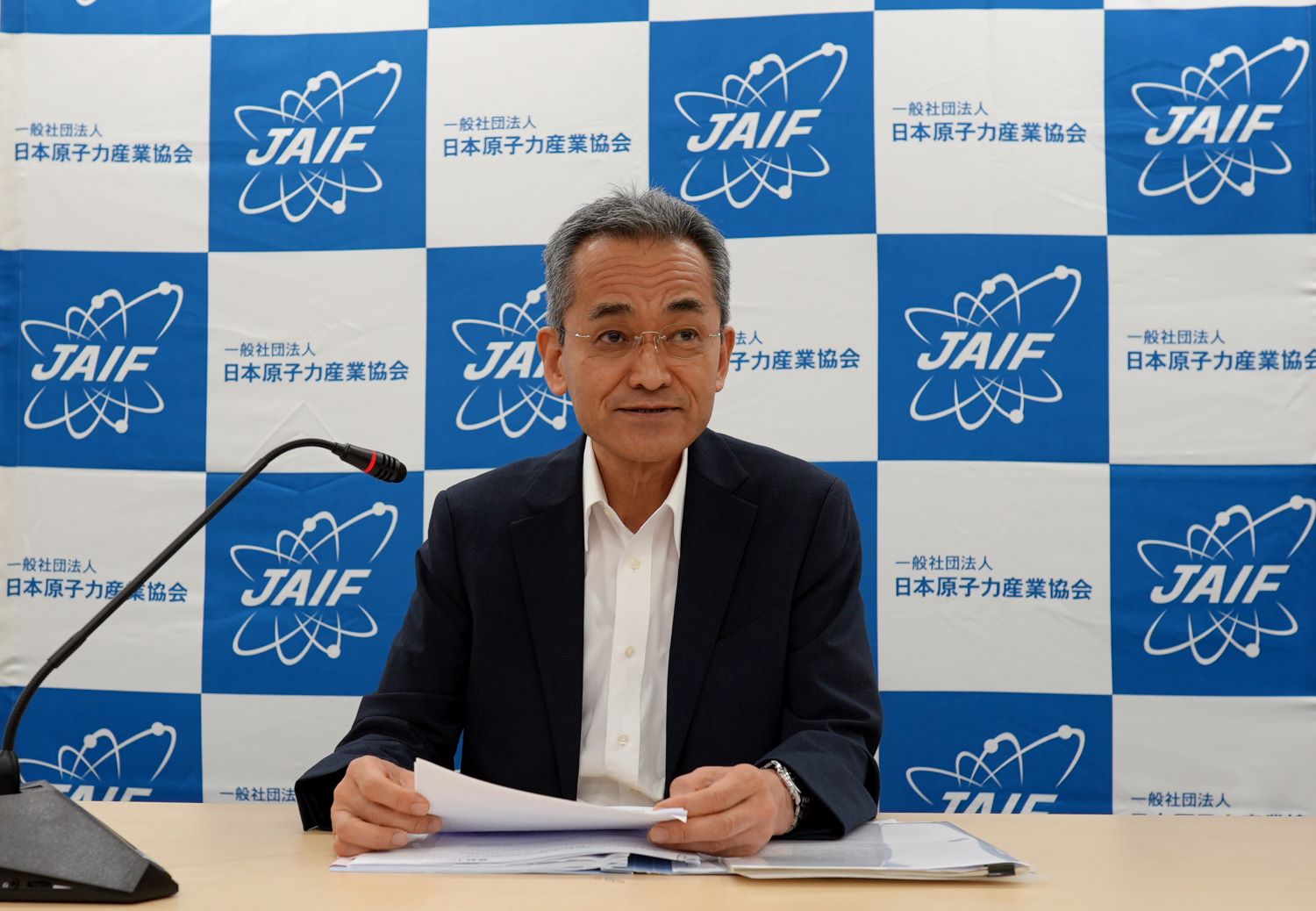The Japanese government had asked the IAEA to review the report[1]The Subcommittee on Handling of the ALPS Treated Water Report published by the Subcommittee on Handling of the ALPS Treated Water (ALPS Subcommittee) released at the end of January. During his visit to Japan, Director General Grossi recognized that the report by the ALPS Subcommittee was comprehensive and based on scientific analyses, and that the concepts of offshore release and vapor release were technically feasible and “in line with international practice.” He also said the IAEA was ready to provide assistance in the disposal of treated water, including radiation monitoring[2]IAEA website ”IAEA Director General Sees Progress in Fukushima Decommissioning Work”.
The Japanese government and all involved parties must endeavor in close cooperation with the IAEA to ensure scientific rationality and transparency in order to prevent and to counter unfounded fears and rumors associated with disposal of the treated water, and thus win the understanding of the fisheries industry and residents of Fukushima and neighboring prefectures. It is expected that all parties will unify into one and move forward on the handling of the treated water.
JAIF – striving for understanding on the treated water issue – will provide accurate information domestically, and to neighboring countries and the world, through cooperation under various memorandums with overseas organizations; through the East Asia Nuclear Forum[3]China Nuclear Energy Association (CNEA), Korea Atomic Industrial Forum (KAIF), Taiwan Nuclear Grade Industry Association (TNA), and JAIF ; and more.
References
| ↑1 | The Subcommittee on Handling of the ALPS Treated Water Report published |
|---|---|
| ↑2 | IAEA website ”IAEA Director General Sees Progress in Fukushima Decommissioning Work” |
| ↑3 | China Nuclear Energy Association (CNEA), Korea Atomic Industrial Forum (KAIF), Taiwan Nuclear Grade Industry Association (TNA), and JAIF |




